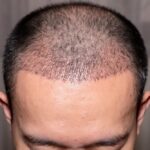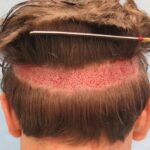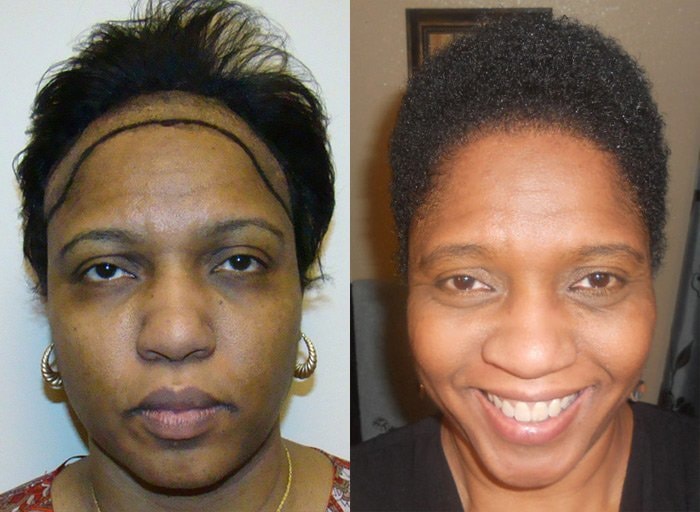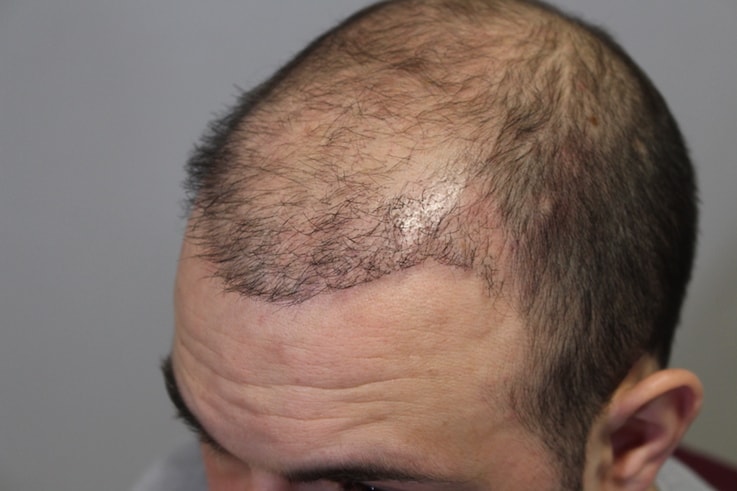Follicular Unit Extraction ( FUE ) is the most common hair transplantation technique in the world. Hair transplant clinics and hospitals in every corner of the world can perform FUE procedures. It is a common procedure in health tourism. The number of people who visit other countries to undergo FUE procedures is very high. It is true that FUE procedures are very cheap in health tourism destinations like Istanbul, where is Turkey’s social, financial, and cultural capital. Despite the fact that FUE is the most common hair transplant procedure, the number of people who still have many questions about it is still high. Let’s take a look at the common FUE FAQs in our post and try to give proper answers to them:
- How is an FUE performed?
- How good is FUE hair transplantation?
- Who is the best candidate for FUE hair transplant?
- What are the complications of FUE hair transplantation?
- Is FUE really worth it?
- Why is FUE the most common hair transplant method in the world?
- How long does it take to recover from FUE?
- How long does it take to grow hair on my head after FUE?
- Will my transplanted hair fall after the surgery?
Existing hair follicles of the candidates are extracted from donor areas ( commonly the back of the head ) and planted on the recipient areas ( commonly frontal side ) of them. The early recovery from FUE wounds generally takes 1 month. It may take up to 9 months to grow the full hair on the scalp.
FUE is one of the best hair transplant procedures in the world. People generally visit other countries to get high-quality low-cost FUE procedures. Istanbul is considered the biggest health tourism destination in the industry and the clinics there are also famous for high-quality hair transplant procedures like FUE and DHI.
Swelling and redness are the most common FUE complications. However, they generally occur when the patients move their bodies too often during the early recovery. Both are not permanent. Shock hair loss is common after DHI and FUE but it’s not a permanent hair loss.
Those who do not have serious heart and skin diseases can undergo FUE procedures. However, the most important eligibility factor is the hair density in the donor areas. If you do not have enough hair follicles required for the hair transplant procedure, then you’re not considered eligible.







